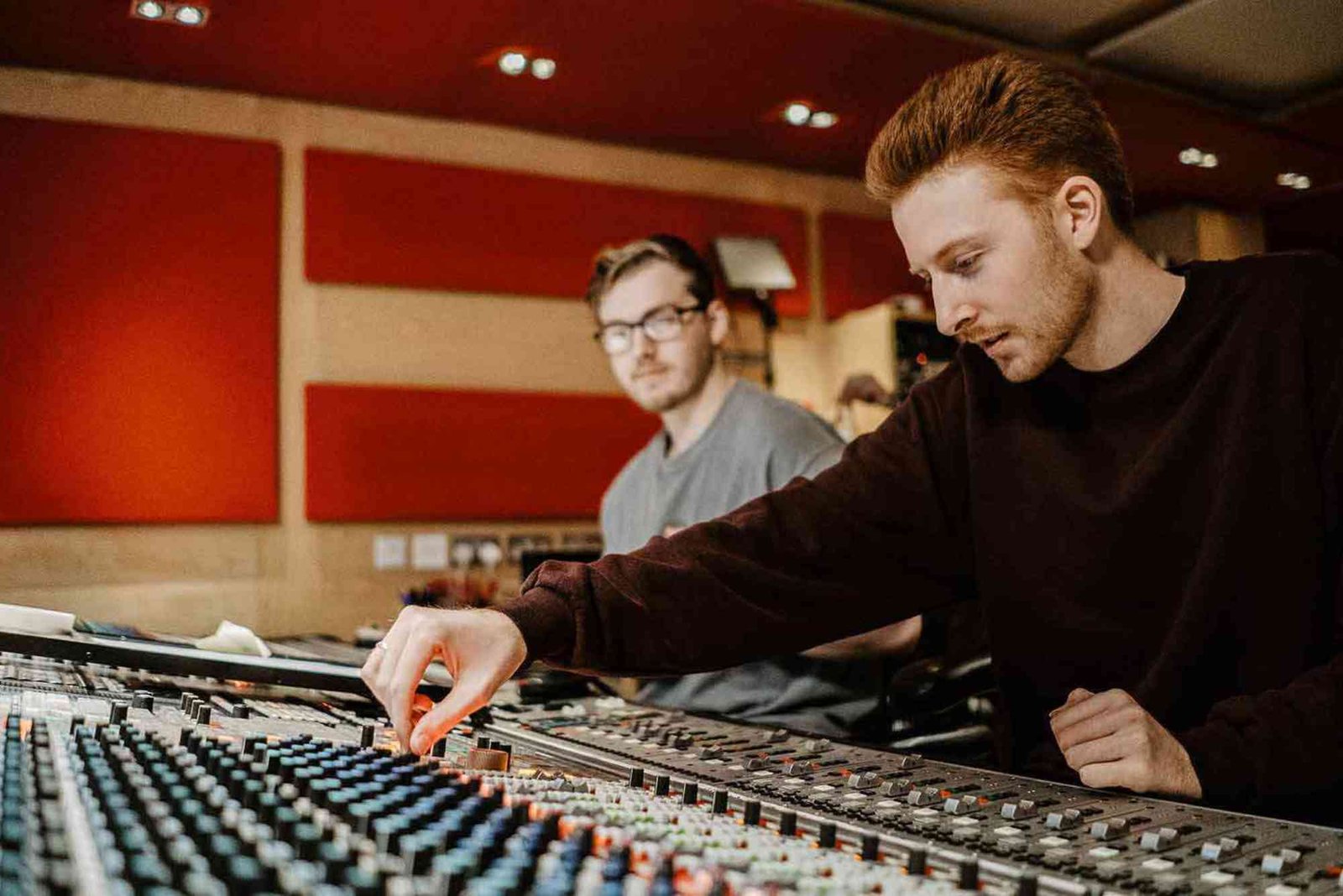Introduction
Live sound engineering is a dynamic and growing field in India, offering opportunities for music enthusiasts and technical professionals alike. Aspiring sound engineers often wonder about the cost of live sound engineering courses in India and how to select the right program for their career goals. This article provides practical tips to understand the fees, course structures, and factors influencing the cost, helping you make an informed decision.
Understanding Live Sound Engineering Courses
Live sound engineering courses teach the skills needed to manage audio in concerts, events, and recordings. Students learn about sound equipment, audio mixing, acoustics, and live performance management. The courses vary in duration, ranging from short-term workshops to comprehensive diploma programs, influencing the overall cost.
Short-Term Workshops
Short-term workshops are typically 1-3 months long and focus on basic live sound techniques. They are ideal for beginners who want hands-on experience without a significant financial commitment. Costs for these workshops generally range from INR 15,000 to INR 50,000, depending on the institute, location, and resources provided.
Diploma Programs
Diploma programs usually last 6-12 months and cover advanced topics in live sound engineering. They offer in-depth training on mixing consoles, digital audio workstations, and live event management. The cost of these programs varies between INR 50,000 and INR 2,00,000, depending on the institute’s reputation, faculty expertise, and course duration.
Degree Courses
Some universities in India offer degree courses in audio engineering or sound technology, which include live sound modules. These programs are more expensive and can range from INR 2,00,000 to INR 5,00,000 or more for a three-year course. They offer broader career opportunities, including music production, studio engineering, and sound design.
Factors Affecting the Cost of Live Sound Engineering Courses
Several factors influence the cost of these courses, helping students understand what they are paying for and how to choose wisely.
Institute Reputation
Well-known institutes with experienced faculty and modern equipment often charge higher fees. A reputable institute ensures better training, exposure to real-life projects, and industry connections.
Course Duration and Depth
Longer courses with comprehensive modules naturally cost more. Diploma and degree programs are priced higher than short-term workshops due to the detailed curriculum and extended hands-on experience.
Location
Institutes in metro cities like Mumbai, Bangalore, and Delhi often have higher tuition fees compared to smaller cities. However, they provide better networking opportunities and exposure to large-scale live events.
Equipment and Facilities
Courses that offer access to professional-grade sound equipment, recording studios, and live event simulations generally have higher fees. Investing in these programs can significantly enhance practical skills.
Additional Services
Some institutes provide placement assistance, internships, and certification, which may slightly increase the cost but add long-term career benefits.
Tips to Choose the Right Course
Selecting the right course is crucial for both learning and budget management. Here are some practical tips:
Research Institutes Thoroughly
Check reviews, alumni feedback, and industry recognition of the institute. You can refer to a Related Blog article for insights on evaluating training programs.
Compare Costs and Curriculum
Analyze the course content and fees. Ensure the program covers essential topics like live mixing, stage setup, acoustics, and digital audio.
Consider Online Options
Some institutes offer online courses or hybrid models, which can be cost-effective and flexible for working professionals. Ensure they include virtual labs or practical sessions.
Check for Scholarships or EMI Options
Many institutes provide scholarships, discounts, or installment payment plans. This can make high-quality courses more affordable.
Attend Demo Sessions
Before enrolling, attend demo classes or workshops to understand teaching quality and hands-on training. It helps in evaluating whether the course meets your expectations.
Career Opportunities After Live Sound Engineering Courses
Completing a live sound engineering course opens multiple career paths. Graduates can work as live sound engineers, concert technicians, studio engineers, event sound managers, or music producers. The demand is rising with the growing entertainment and events industry in India.
Freelancing and Entrepreneurship
Many sound engineers start as freelancers, offering services for concerts, weddings, and corporate events. Understanding the cost of equipment and practical training from the course helps in setting up a professional freelancing business.
Working with Production Houses
Graduates can join production companies, theaters, and music studios. Employers prefer candidates from reputed institutes with hands-on experience in live sound projects.
Teaching and Consulting
Experienced engineers often conduct workshops or consult for events, using their expertise to guide new entrants. A well-chosen course provides credibility in this field.
Understanding the cost of live sound engineering courses in India involves evaluating multiple factors, including course duration, institute reputation, and facilities. Investing wisely in a reputed program ensures strong practical skills, industry connections, and career growth. If you are serious about building a career in live sound engineering, researching, comparing, and attending demo sessions are essential steps.
Take the next step in your career by exploring more options. Visit Cost Of Live Sound Engineering Courses In India for detailed insights and More details on course providers.
FAQs
What is the average cost of a live sound engineering course in India?
The cost ranges from INR 15,000 for short-term workshops to INR 5,00,000 for degree programs, depending on the institute and course depth.
Are online courses in live sound engineering effective?
Yes, online or hybrid courses can be effective if they include virtual labs, live sessions, and hands-on practice.
How long does it take to complete a diploma in live sound engineering?
Diploma programs typically take 6 to 12 months to complete, covering both theory and practical training.
Can I start freelancing after completing a short-term workshop?
Yes, but longer courses provide deeper skills and more industry credibility, which help in attracting higher-paying projects.
Do institutes provide placement assistance?
Many reputed institutes offer placement support, internships, and industry exposure as part of their courses.







